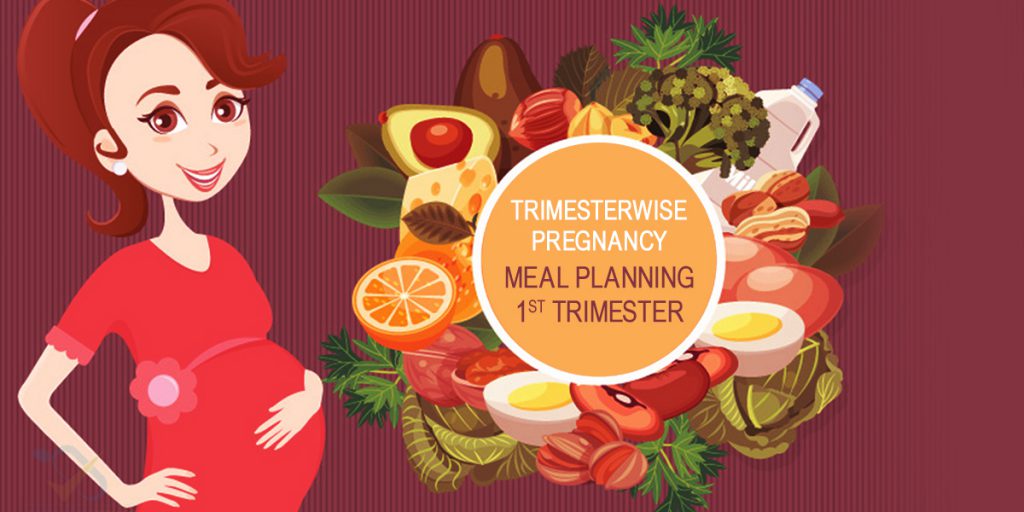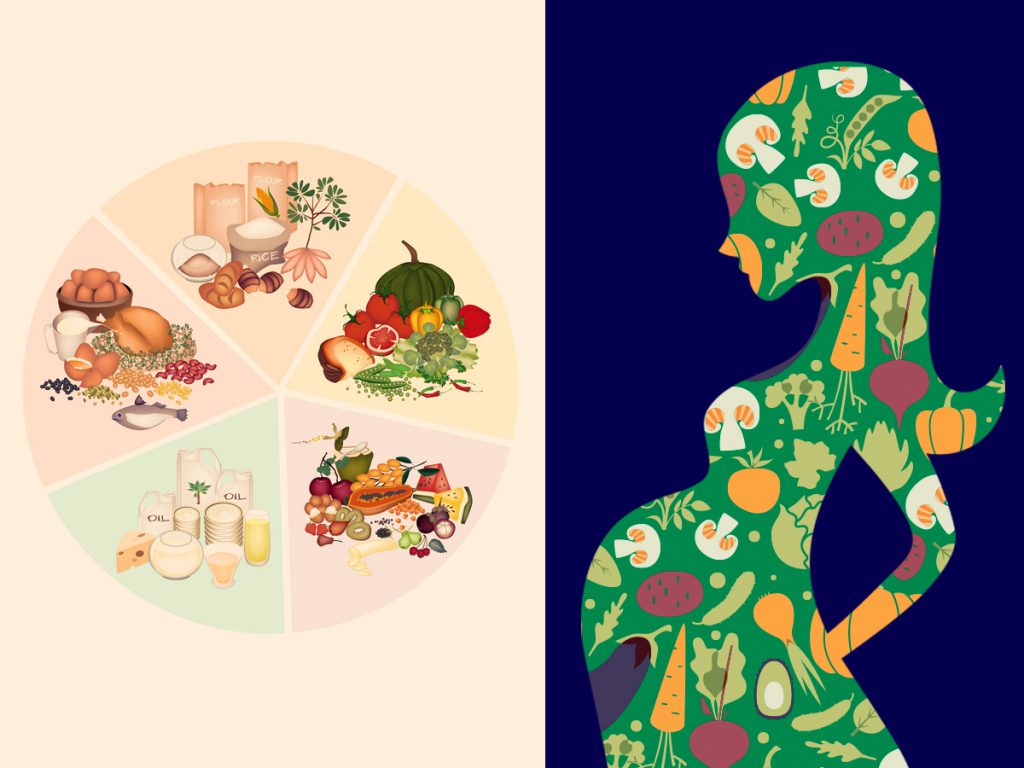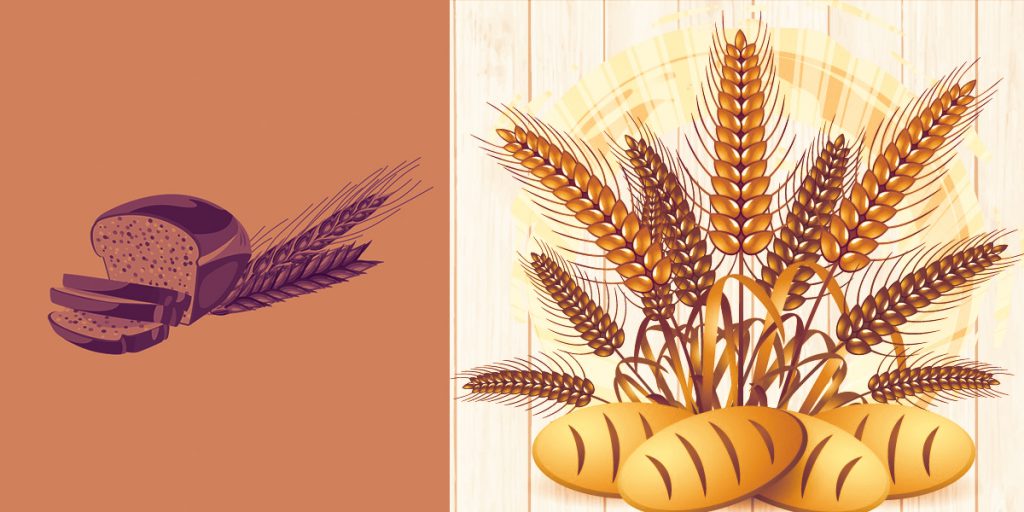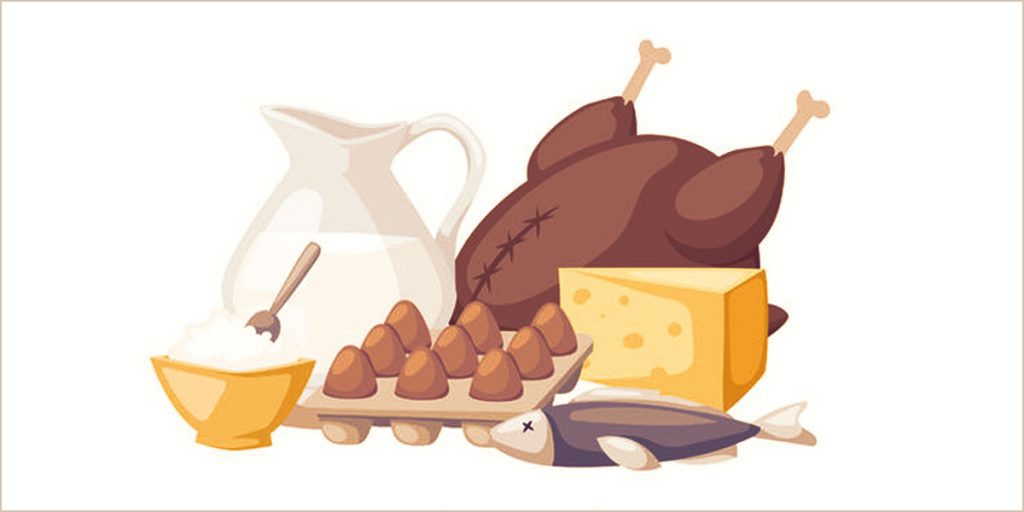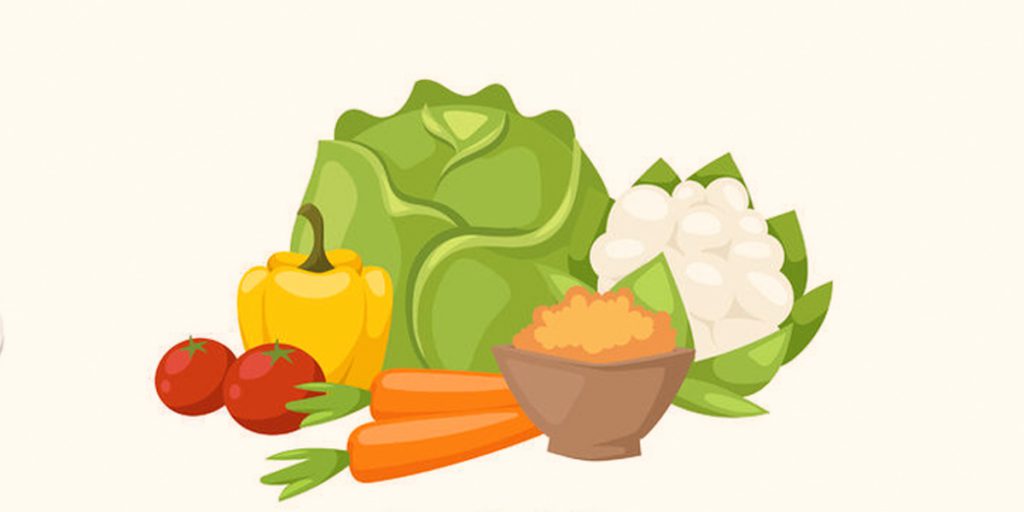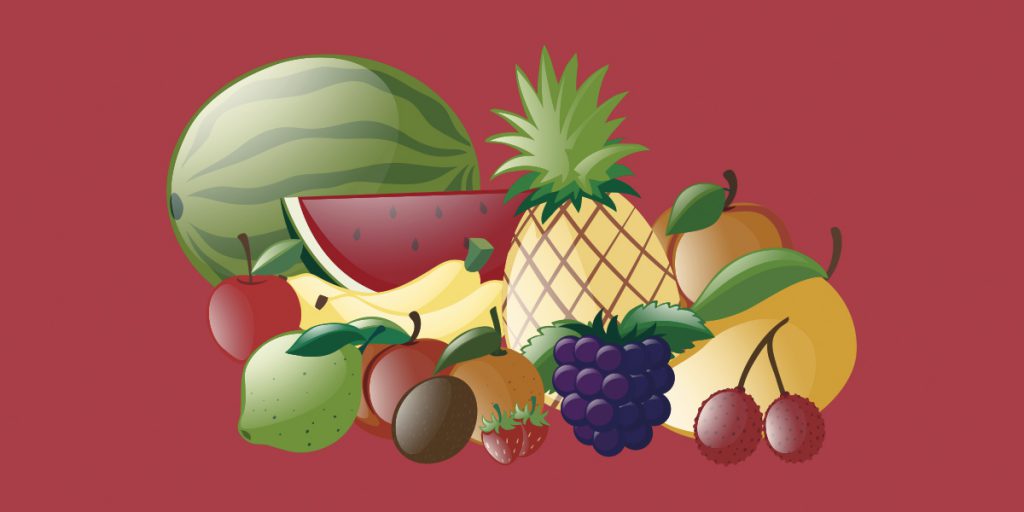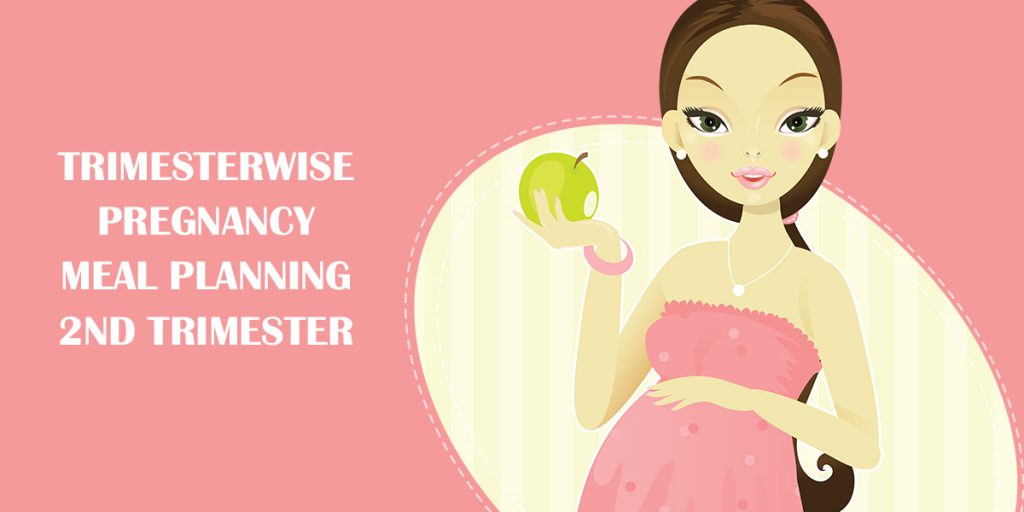
A pregnant woman’s body goes through different phases. It is very necessary that she eats a healthy diet as the developing baby receives all the nutrients from her. A healthy diet during the gestation period refers to a perfect balance of protein, carbohydrate and fat to the body. A balanced diet should contain adequate calories and provide your baby with essential nutrients.
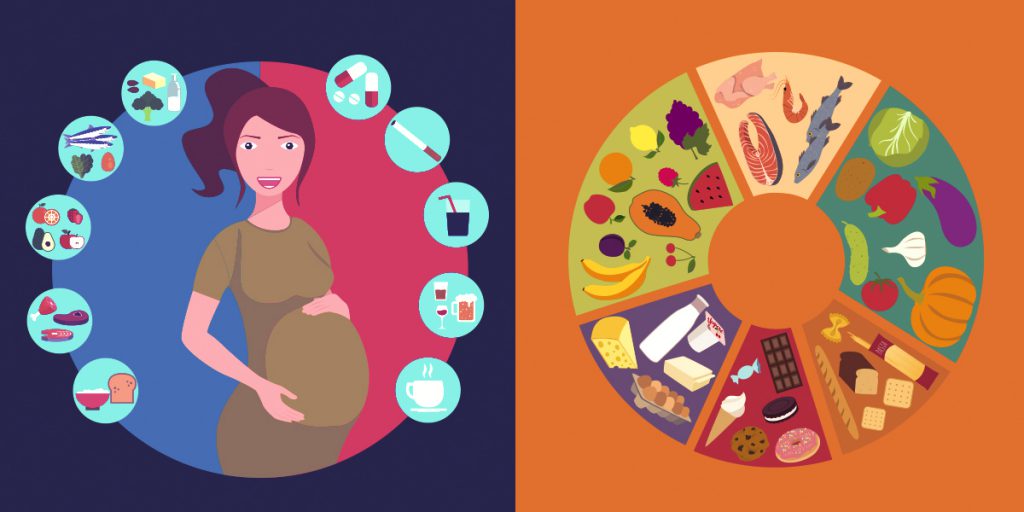
As the baby starts developing, the nutritional requirements also vary. So, it becomes necessary that the pregnant woman takes proper care of her diet and heeds the nutritional needs of the different phases of pregnancy. In order to keep your level of energy high and ensure your body gets the essential nutrients you can have three meals a day along with snacks. Moreover, a pregnant woman should drink lots of water throughout the day.
During the second trimester, the external body structures and all the major organs of the baby start forming. During this phase, you should ensure your diet includes foods that contain vitamins, minerals, proteins, calcium, magnesium and Omega 3 fatty acid.
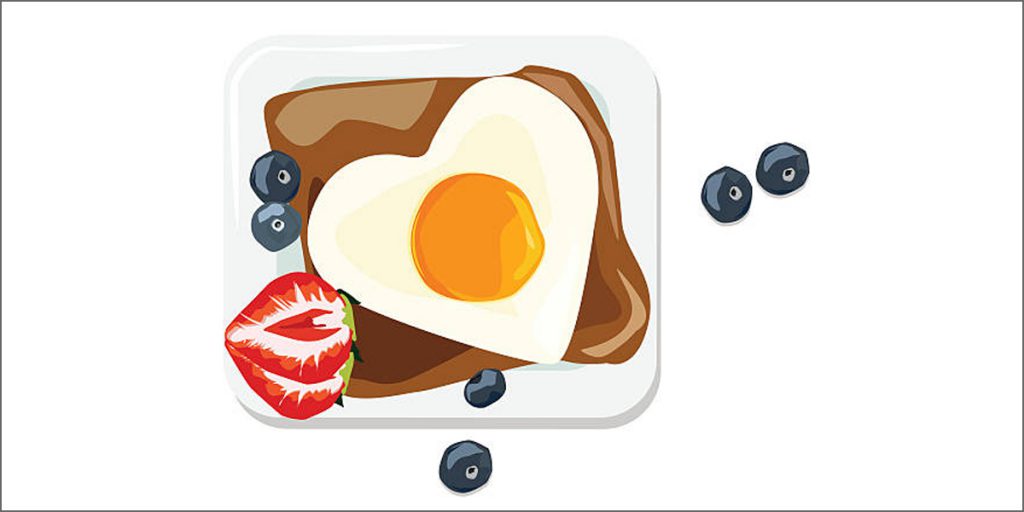
Breakfast: Eating a healthy breakfast provides you enough energy to remain active throughout the day. And it becomes more necessary to have a healthy breakfast when you are pregnant. During the second trimester, you should have a balanced meal which may include:
- Eggs
- Whole grains like whole wheat toast, whole wheat flakes, daliya, oats
- Fruits
- Skimmed milk
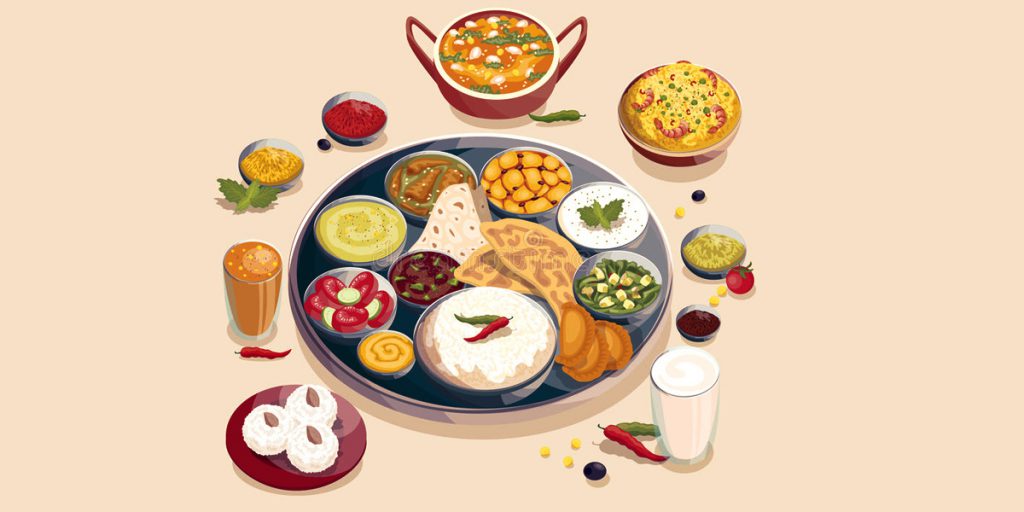
Lunch: During pregnancy, having a proper lunch is also very important. You can include the following:
- Whole grains and millets like brown rice, whole wheat breads, quinoa, fox tail millet, bajra, jowar
- Fortified cereals
- Lean meats like chicken and fish
- Yoghurt/ curd/ paneer
- All Vegetables
- Beans/ Legumes like Chickpeas, kidney beans, black beans, black eyed beans, peas, soya bean etc
- Lentils/ Pulses/Dals
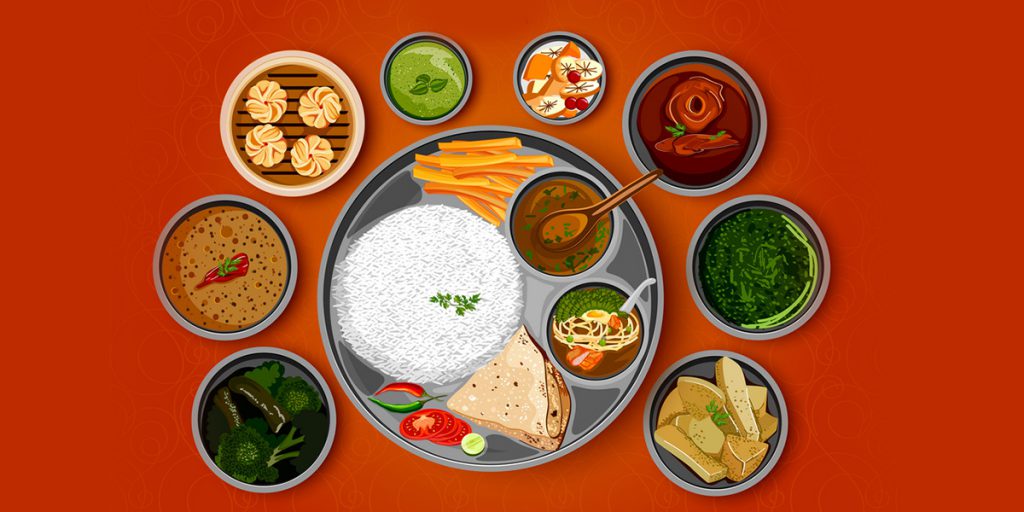
Dinner: Having a healthy dinner is also necessary to keep yourself and your baby healthy. Include food such as:
- Brown rice
- Vegetables
- Grilled chicken or fish
- Grains
- Beans
- Lentils
- Fortified breads
- Whole wheat Pasta, rotis
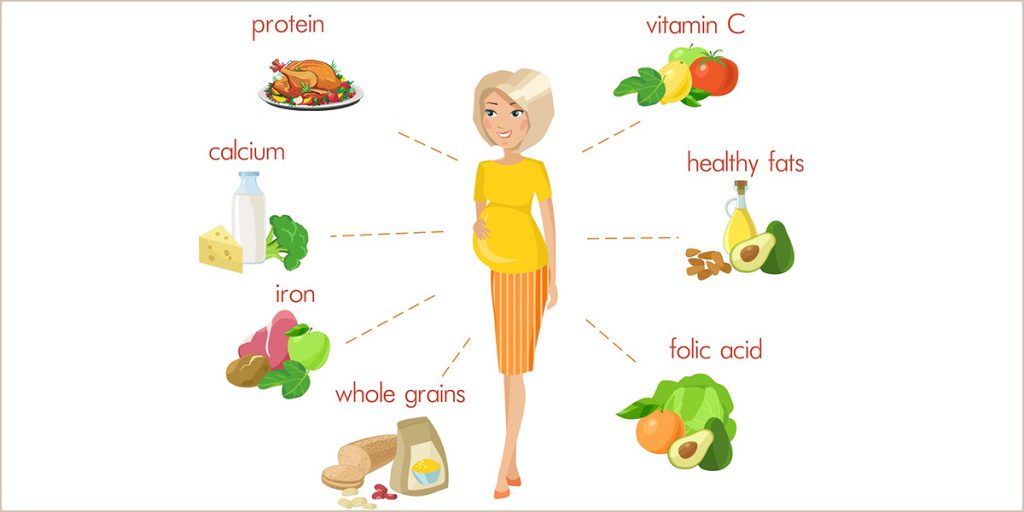
Snacks: You can have one or two snacks between meals. You can include the following as healthy snacks:
- Fruits
- Low fat milk and dairy products
- Ready to eat cereals
- Porridges from Grains like ragi malt, oats
- Soya milk
- Soups
- Vegetable juices
- Fruits salad
- Nuts, Seeds and dried fruits

